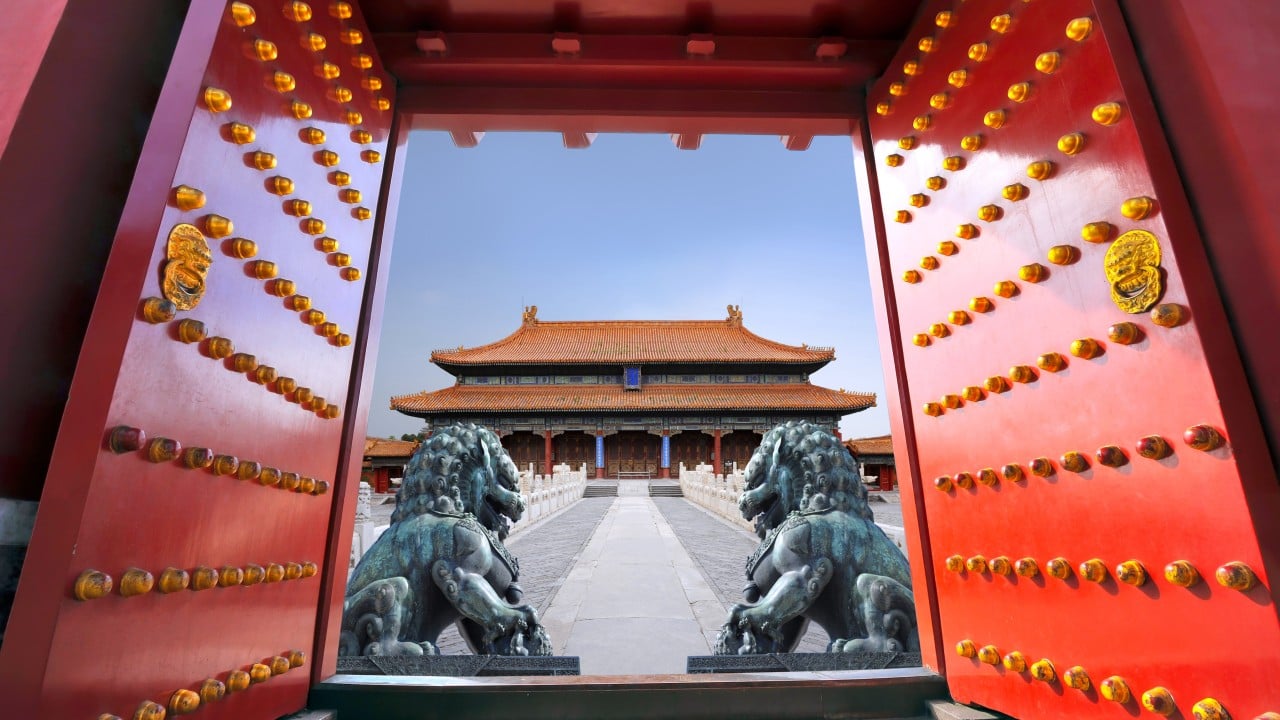China’s expansion of its unilateral visa-free entry policy to include Japan and South Korea since last month marks a major step towards mending ties with two of its arguably most important East Asian neighbours ahead of Donald Trump’s return to power.
Advertisement
This is the first time that South Korea has been included in China’s visa-exemption arrangement for short-term visitors which covers nearly 40 countries to date, including France, Germany, Italy, Australia, New Zealand and Malaysia.
It is also one of the biggest shifts in China’s love-hate relationship with Japan since the Covid-19 pandemic, cited by Beijing in March 2020 as it halted visa waivers for Japanese visitors in place since 2003.
Notably, this is a unilateral decision from Beijing, with no reciprocal visa exemption granted for Chinese visitors to either Japan or South Korea.
The move did not surprise, however, despite the steep decline in China’s ties with both countries, given its growing economic woes at home and challenges abroad, including fears about Trump’s destabilising effect on regional politics.
For months, Japanese leaders and travellers had repeatedly called for the resumption of the visa-free treatment, but to no avail.


